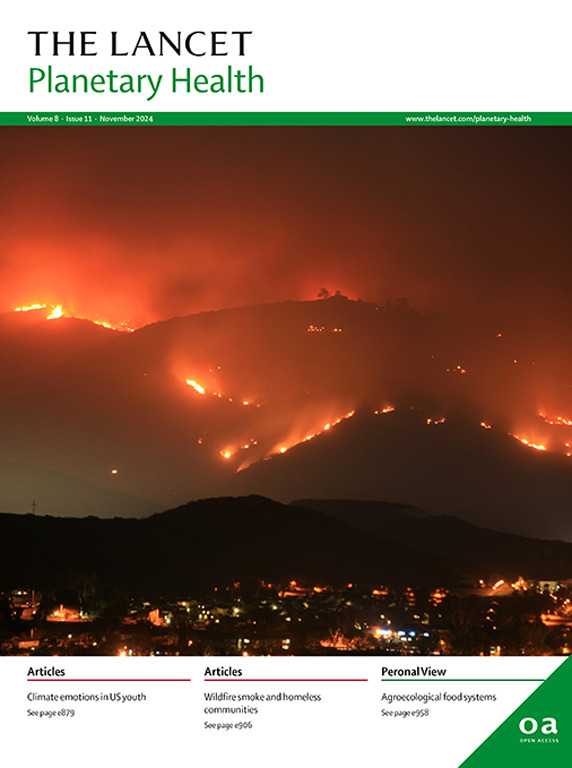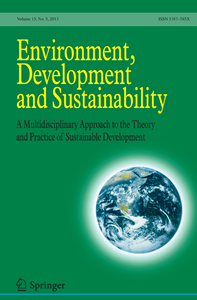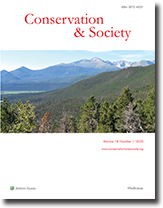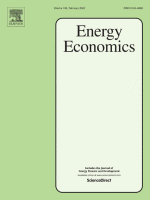The Impact of Climate Change on Economic Output in Chile
Speakers:
Dr. Carlos Madeira
Dr. Carlos Madeira is a senior economist at the Central Bank of Chile, having coordinated the Household Finance (EFH) team and published research in household finance, expectations and monetary policy disagreement. Carlos holds a PhD in Economics from Northwestern University (IL, USA) and a BA from Nova School of Business and Economics (Portugal). We study the impact of some weather variables (precipitation and temperatures) on GDP by using a region-industry panel data for Chile over the period 1985-2017. We find no effect of precipitation changes on GDP, but the results confirm a negative impact of higher summer temperatures on Agriculture-Silviculture and Fishing. An increase of one Celsius degree in January implies a 3% and 12% GDP reduction in Agriculture andFishing, respectively, plus a negative effect on Construction, Electricity, Gas, and Water. Substantial uncertainty can be argued around these results due to the unavailability of region-industry GDP at a quarterly or monthly frequency and the assumption of fixed-coefficients over time. Stress test exercises for 2050 and 2100 that use all the industry coefficients estimated from our model or from an USA model imply a small effect of climate change on the overall Chilean GDP relative to a scenario without further climate change. However, these results should be taken with caution due to the overall fitness of the model. Indeed, under some parameter settings of the model, our stress test implies that the Chilean GDP would fall between -14.8% and -9% in 2050 and between -29.6% and -16.8% in 2100 relative to a scenario without further climate change.







